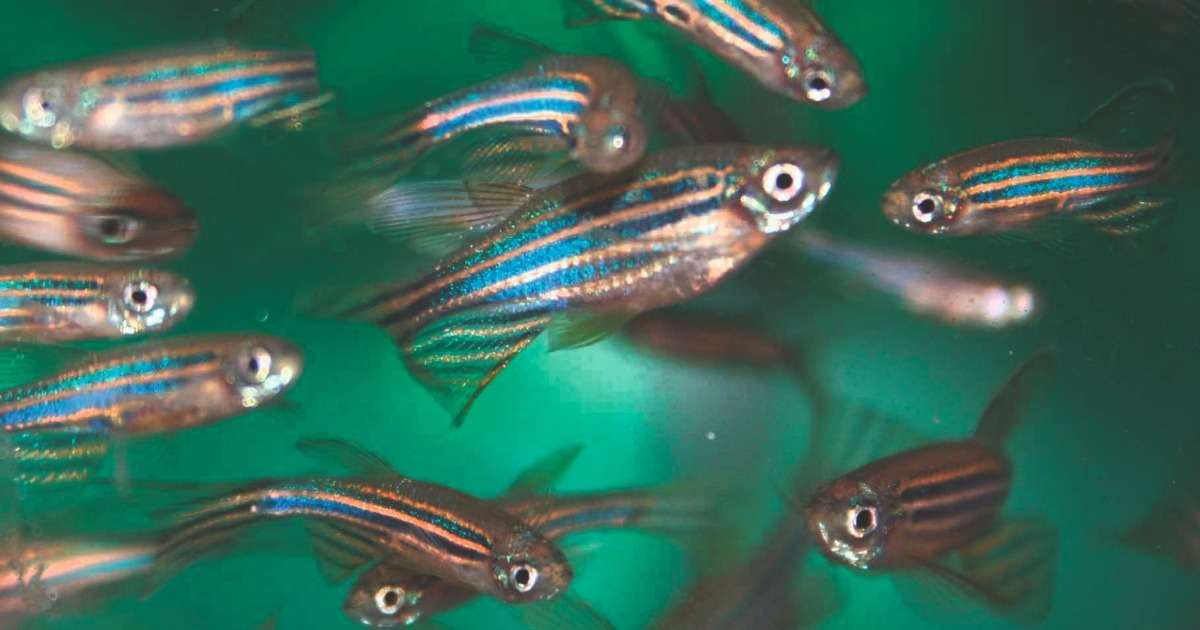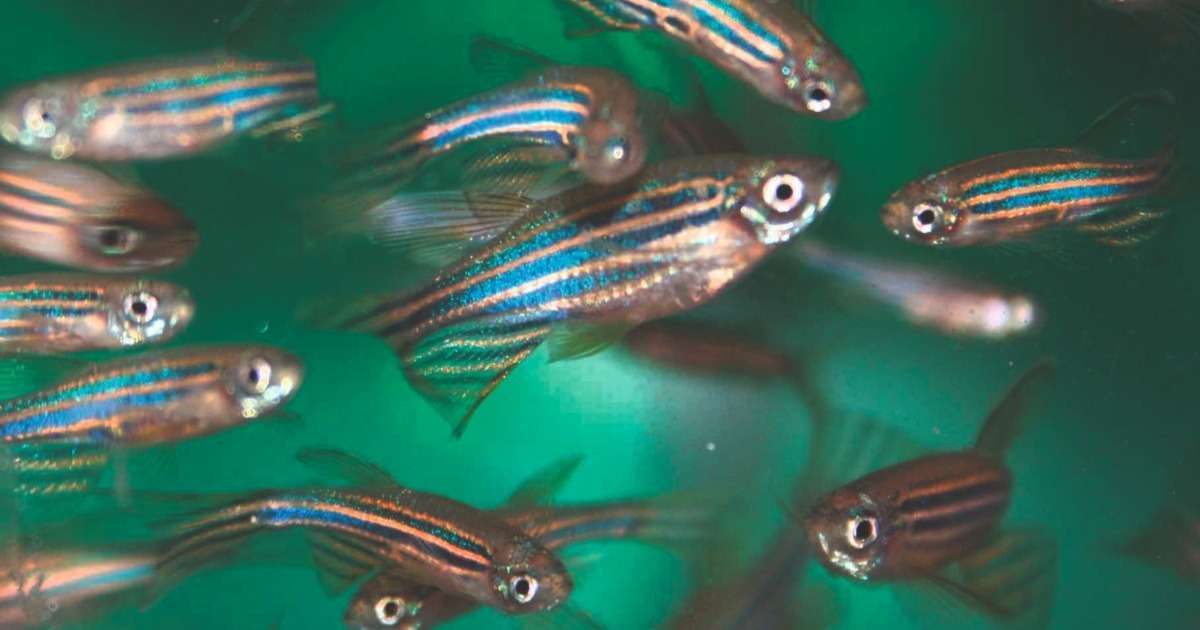Zebrafish research
Discover the importance of zebrafish as a model organism in behavior research. Learn how studies on zebrafish can reveal valuable insights into genetic disorders, learning and memory, developmental biology and even social behavior.

Don’t dwell on it… dive into zebrafish research!
I recently wrote about other translations from rodent studies to zebrafish, such as the investigation of learning and memory and social behavior. Now it’s time to talk about anxiety and exploration.

Sex preference and other social aspects of zebrafish behavior
Social behavior is a well-known topic of neuroscience research, since it is so often affected in psychiatric disorders. Think of obvious examples such as schizophrenia and autism.

What we can learn from zebrafish in a T-maze
Scrolling through our recent blogs, you can tell how important zebrafish have become in behavioral research. So we thought it was time to tell you a little more about some popular paradigms. Starting with the T-maze.

Zebrafish and withdrawal
Recent work done by Khor et al. (2011) looked at the effect of mitragynine on behavior in zebrafish going through withdrawal after chronic morphine exposure. The effects of Mitragynine on morphine-withdrawn zebrafish.

Three ways to test hallucinogens on zebrafish
Hallucinogenic drugs (psychedelics) have a growing significance in biopsychiatric research. Zebrafish are a popular animal model and seem highly sensitive to various drugs of abuse.

The search for robust fear inducing stimuli in zebrafish research
Zebrafish behavioral research has grown by leaps and bounds, and behavioral paradigms are being developed with the aim of better understanding mechanisms that might underlie aberrant behavioral phenotypes.

Zebrafish research: growing demands in South America
It was at the Society for Neuroscience last November that I was invited to speak at the second annual LAZEN meeting held last December in Porto Alegre, Brazil.

Behavioral assays establish zebrafish in drug screening
Zebrafish are increasingly swimming into the view of large-scale drug screening projects. Behavioral screens can be used as a first-line detection tool for new drug effects, and their popularity continues to grow.

Zebrafish as lab animal increasingly popular
Zebrafish is the new rat. Or mouse. More and more rodents in the lab are being replaced by these nifty little striped fish. They are easy to maintain, reproduce and develop rapidly.
